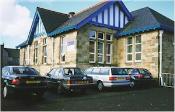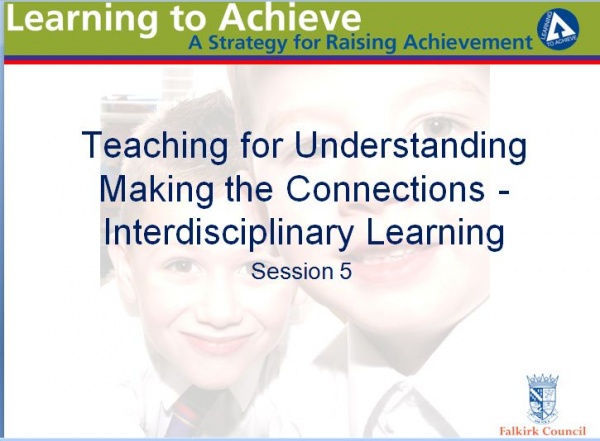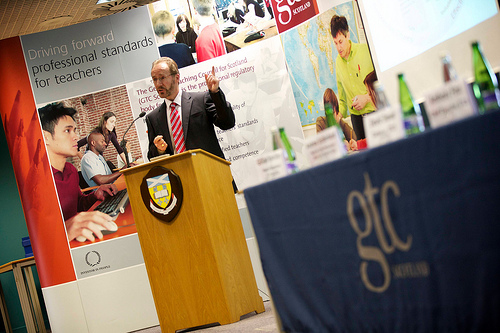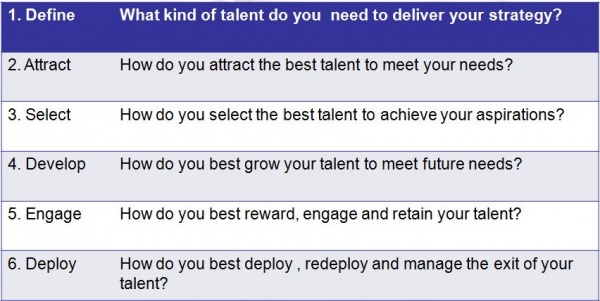 Yvonne McBlain, Support Teacher effective learning and teaching, facilitated a collegiate session with teachers at Airth Primary School using session 5 from the Falkirk Teaching for Deep Learning Programme. This session uses an interdisciplinary learning quiz to help evaluate existing practice. Staff involved said it was useful to “discuss how we effectively plan and deliver interdisciplinary learning, as well as highlighting our next steps.” In addition, the session “defined the different types of interdisciplinary learning and the need to make it obvious what skills were being used in type 1 and type 2”. Yvonne was able to adjust the content and format of this session so that staff could consider how to track the knowledge, understanding and skills being developed in the interdisciplinary work done at Airth PS. The session resulted in identification of some initial specific tasks for the staff as a whole, as well as individual next steps for teachers which included:
Yvonne McBlain, Support Teacher effective learning and teaching, facilitated a collegiate session with teachers at Airth Primary School using session 5 from the Falkirk Teaching for Deep Learning Programme. This session uses an interdisciplinary learning quiz to help evaluate existing practice. Staff involved said it was useful to “discuss how we effectively plan and deliver interdisciplinary learning, as well as highlighting our next steps.” In addition, the session “defined the different types of interdisciplinary learning and the need to make it obvious what skills were being used in type 1 and type 2”. Yvonne was able to adjust the content and format of this session so that staff could consider how to track the knowledge, understanding and skills being developed in the interdisciplinary work done at Airth PS. The session resulted in identification of some initial specific tasks for the staff as a whole, as well as individual next steps for teachers which included:
Think more about type 1 interdisciplinary learning and its place in my class
Look for type 1 IDL in the experiences and outcomes
Continue to encourage children to make connections between curricular areas.
Click to take a look at the power point notes for Session 5 , and here to take a look at the whole Falkirk Teaching for Deep Learning Programme in Glow.














